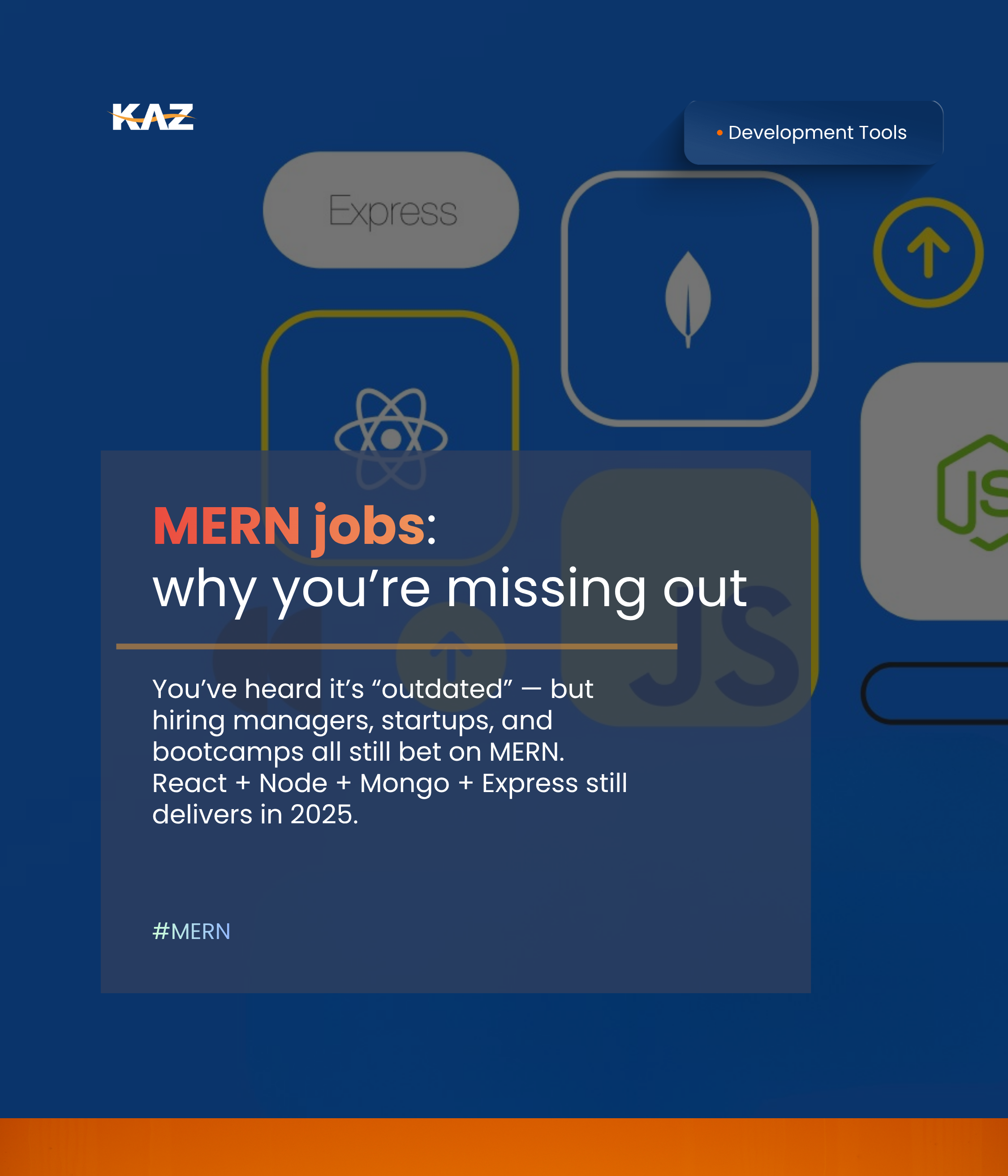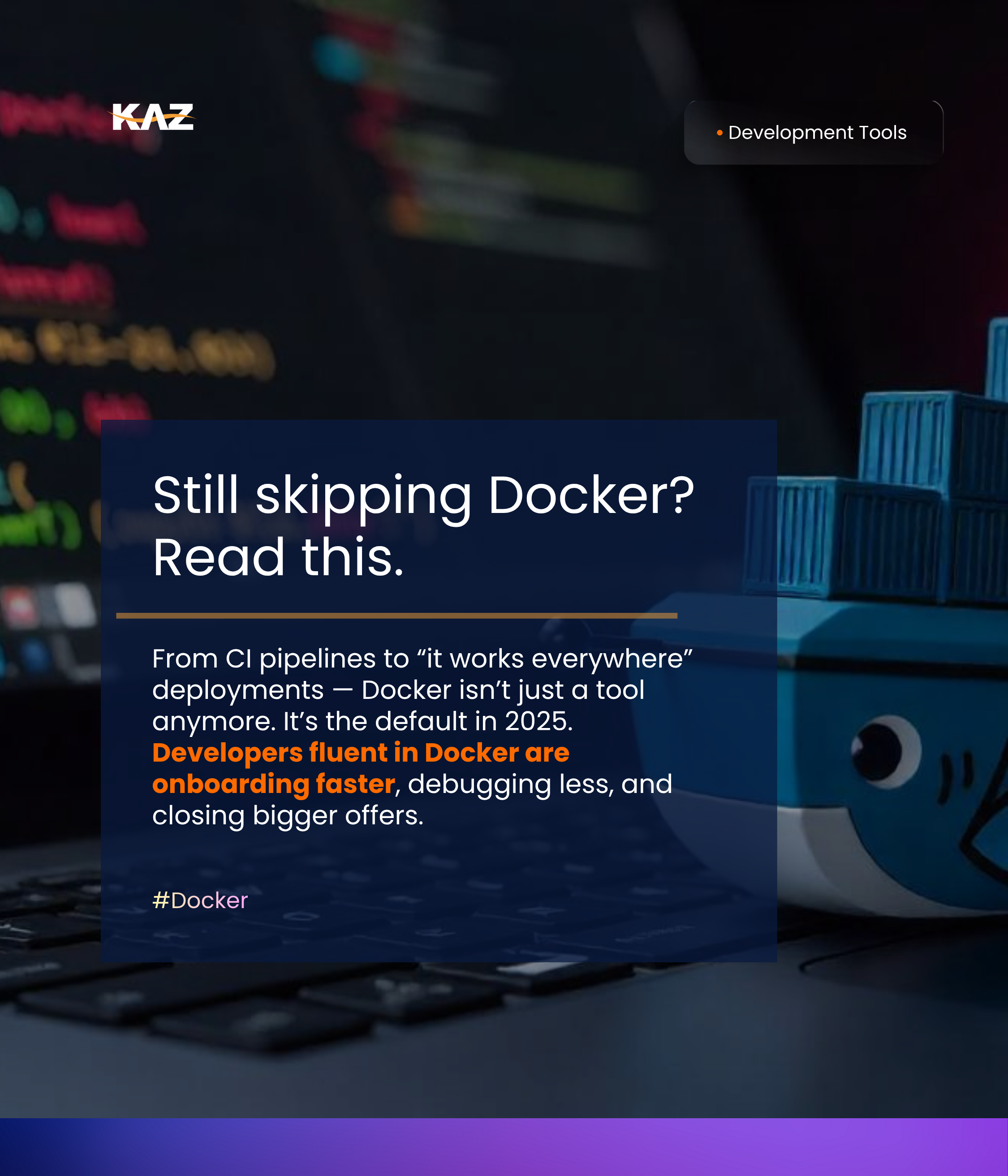The WordPress plugin trap: why developers are moving on
/From QA failures to developer burnout, the plugin model that once powered innovation is now slowing teams down. This guide breaks down why WordPress fatigue is real, and what stacks are replacing it in 2025.
In 2025, WordPress still powers most of the web — but its plugin chaos, QA failures, and developer fatigue are driving modern teams toward controlled, stable stacks like Astro, Storyblok, and Webflow.
WordPress remains the world’s most widely used CMS, powering over 40% of all websites. But beneath that statistic lies a quieter truth: the platform’s plugin ecosystem has become both its biggest strength and its weakest link. What once made WordPress attractive — open access, limitless customization, and thousands of plugins — now fuels a maintenance nightmare that’s eroding developer trust and business confidence alike. For companies that depend on stability, each plugin update feels like rolling dice with uptime and user experience. For developers, the stack has lost its joy.
When “just update the plugin” becomes a business risk
The average WordPress site today runs more than 25 plugins, many built by small independent developers with varying levels of quality assurance. That open ecosystem once represented freedom — now it’s a dependency maze. A single update to a third-party plugin can crash checkout pages, block editors from saving content, or white-screen the entire admin. Each fix triggers another chain reaction of conflicts, forcing site owners to choose between broken features and outdated security.
In 2024, WordPress support forums logged tens of thousands of new plugin conflict threads — a steady reflection of what’s happening across agencies and internal teams. Developers call it “plugin roulette”: updating one dependency without knowing which others it’ll break. These incidents cost companies real money. When key pages go down or content freezes during campaign launches, ad budgets burn while conversions plummet. What’s worse, most plugin authors aren’t accountable to enterprise-grade SLAs; response times stretch from hours to weeks.
The economics behind it explain the quality gap. Many plugin makers are one- or two-person teams operating on lifetime licenses and tiny margins. That means no dedicated QA, no CI pipelines, and no resources for rollback or observability. As AI-assisted coding has exploded, developers are shipping plugins faster but testing less. It’s not malice — it’s burnout. A culture built on speed and quantity has crowded out the craftsmanship WordPress once celebrated.
Meanwhile, businesses using WordPress as mission-critical infrastructure are absorbing those costs. Instead of investing in new features or accessibility improvements, they’re firefighting regressions caused by updates. Teams delay campaigns to debug why a gallery won’t load or why the editor crashed again after the last update. For every hour lost to plugin chaos, the business falls further behind competitors operating on predictable, version-controlled systems.
The plugin economy that once empowered creators is now undermining enterprise confidence. For modern developers, maintaining a WordPress site feels less like engineering and more like patch management.
Lessons from the inside: why developers fall out of love with WordPress
Behind every failing WordPress site are developers who started with good intentions but ran into the limits of the ecosystem itself. The story repeats across agencies and indie teams: a developer builds a promising plugin, launches fast, gains users — then drowns in support tickets and bug reports triggered by WordPress updates, theme conflicts, or new PHP versions. Over time, enthusiasm turns to fatigue.
Pat Flynn’s now-famous account of losing $15,000 on two failed WordPress plugins captures this perfectly. He rushed development, skipped validation, and relied on developers’ “best judgment.” Both plugins broke, support became unsustainable, and the projects never launched. But his lessons remain timeless: talk to users early, build what actually solves a problem, and never underestimate post-launch maintenance. WordPress makes publishing easy but sustaining quality hard.
This lack of structure creates a dangerous feedback loop. Plugin authors rush features to stay visible in the marketplace, updates go out without regression testing, and users become the de facto QA team. When issues arise, developers patch reactively, often introducing new bugs. By contrast, platforms like Webflow, Contentful, or Astro-based setups enforce quality upstream. They don’t allow untested extensions to go live, and their APIs are versioned and documented. Developers know what to expect.
The creative freedom that once drew developers to WordPress has become a burden. Modern teams want predictability, not endless debugging. Many WordPress professionals quietly retrain in React, Astro, or headless CMS ecosystems because those environments reward engineering discipline — version control, component isolation, CI pipelines — the very things missing from traditional WordPress projects.
Even within the WordPress community, fatigue is visible. Plugin authors cite burnout, unclear documentation, and low compensation as reasons they no longer maintain their projects. Some now use AI tools to generate updates faster, inadvertently introducing errors that no one audits. The result is a growing perception gap: WordPress powers the web, but fewer developers want to power WordPress.
The rise of controlled stacks and the future beyond plugins
The shift away from WordPress isn’t just aesthetic — it’s operational. Businesses are realizing that modern web stacks can deliver the same publishing freedom without the maintenance volatility. Headless CMS platforms like Storyblok and Contentful pair structured content with APIs that don’t break when one dependency updates. Paired with frameworks like Astro or Next.js, they let teams manage content dynamically while keeping code clean and predictable. Editors enjoy stable interfaces, and developers control every dependency in the codebase.
Webflow takes this idea even further by eliminating plugins altogether. Its curated feature set, built-in versioning, and controlled update cycles ensure that no third-party code can silently break production. Marketers publish safely, developers focus on design systems instead of firefighting, and releases happen on schedule. For small to medium businesses, that consistency translates directly into uptime and confidence.
This doesn’t mean every company should abandon WordPress overnight. For many, the short-term cost of migration feels heavy. But the long-term cost of instability is worse. The tipping point usually comes when plugin incidents start delaying product launches, when editors hesitate to publish for fear of breaking something, or when audits show a growing list of deprecated functions. At that point, the platform is no longer supporting the business — it’s obstructing it.
Moving to a modern stack isn’t about chasing novelty; it’s about reclaiming control. Teams switching to Astro + Storyblok or Webflow report steadier deployment cycles, fewer regressions, and improved performance metrics. Core Web Vitals tighten up, conversion rates rise, and developers regain creative energy that was once spent debugging conflicts. Most importantly, the software becomes boring again — in the best way possible. Stability, predictability, and trust are what modern web teams crave, and controlled stacks finally deliver them.
WordPress will continue to dominate legacy hosting charts for years, but the culture around it is changing fast. The next generation of developers doesn’t want to manage plugin drama; they want tools that behave like products, not puzzles. For many, that realization marks the end of an era — and the start of a more deliberate, maintainable web.













